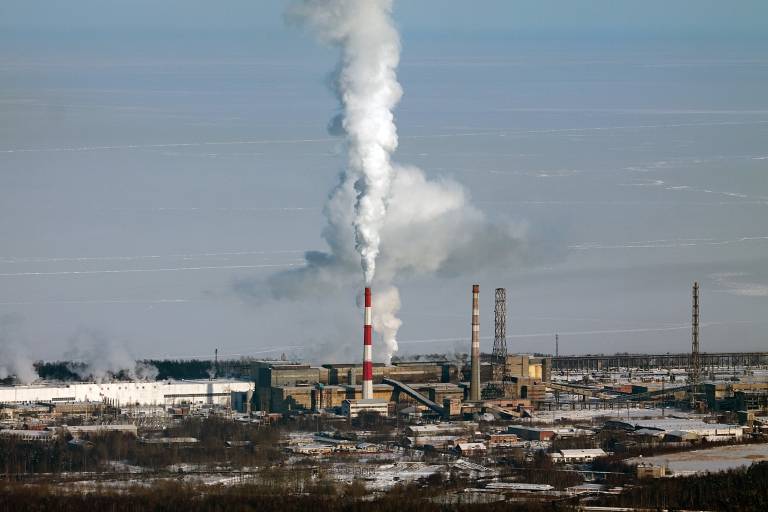The Impact of Regime Type on Environmental Policy: Large Lakes in Russia, Kazakhstan, and the US
20 May 2024, 11:00 am–12:00 pm

A SSEES Research Student seminar with Miriam Pollock
This event is free.
Event Information
Open to
- All
Availability
- Yes
Cost
- Free
Organiser
-
SSEES
Location
-
Masaryk roomUCL School of Slavonic and East European Studies16 Taviton streetLondonWC1H 0BW
It is commonly thought that democracies are better than non-democracies at protecting the environment. But is this assumption borne out in practice? As the pace of climate change accelerates, biodiversity conservation efforts lose out to corporate and extractive interests, and the 2030 deadline to secure the UN Sustainable Development Goals draws closer, it is more critical than ever to understand which factors lead to good environmental policy.
In order to investigate this question, I examine environmental policy in Russia, Kazakhstan, and the United States toward large lakes. While Russia has become increasingly authoritarian since 2000, Kazakhstan and the United States have had relatively stable regime types over this same time period. Accordingly, tracing each country's policies over time can provide insight into whether regime type affects environmental outcomes. Lakes are focused on because of their importance to both humanity – as a key source of freshwater, used for drinking, agriculture, and industry – and to other species – as habitat and source of food. Despite this, the health of the world’s lakes is at risk. Improving our understanding of policy toward lakes may enable better protection of this critical resource.
In this talk, I will justify the research design of my project and present some of the relevant theoretical literature.
Bio:
Miriam Pollock is a postgraduate research student at UCL’s School of Slavonic and East European Studies (SSEES) and the recipient of a UCL Research Excellence Scholarship. She researches environmental politics and sustainability, with a focus on how various actors affect environmental policy in authoritarian states. Miriam received her MA in Russian and Post-Soviet Politics from UCL SSEES and her BA in Slavic Languages and Literatures and in Classics from Stanford University.
Image credit: Yuri Timofeyev on Flickr
 Close
Close

